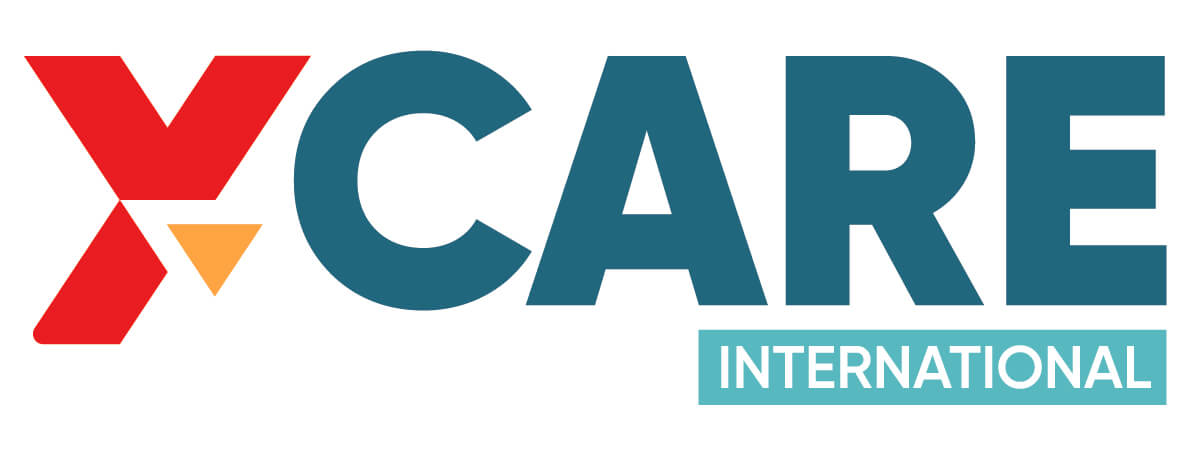January 24th is International Day of Education, and YMCA around the world are committed to harnessing the power of education to equip young people in transforming their own communities.
Read on as we answer your questions:
- What is International Day of Education?
- Why is meaningful work important?
- How does education transform communities?
- What do we need to un-learn?
- What knowledge, solutions or practices have we decided to keep?
This week, we spoke to some members of the Y Care International team about how the YMCA’s Vision 2030 can help underline our priorities as we put young people, and their communities, in the driving seat of change.
Vision 2030 was the centrepiece of the World YMCA World Council 2022
What is International Day of Education?
On 24th January each year, the international community takes stock of progress towards universal education, which is itself key to achieving the UN’s Sustainable Development Goals.
The UN Transforming Education Summit in September 2022 called for this year‘s theme to be about ‘translat(ing) commitments and global initiatives into action.’
The World YMCA’s Vision 2030 is our blueprint, and with our support, our global partners are delivering transformative action, led by their young people.
Why ‘meaningful work’?
Meaningful Work is the second pillar of Vision 2030. It’s about sustainable livelihoods, dignity, and the right to learn.
The YMCA commits to creating, expanding and advocating meaningful, just and equitable education, training, employment and entrepreneurship opportunities in the transition to the new economies.
To tell us more about what it might mean to fully realise this ambitious vision, We spoke to two Y Care International staff: Rehana Merali and Patti Tobin.
Are opportunities for meaningful work important?
‘Opportunities for meaningful work are vitally important.’ Says Rehana. Meaningful work gives young people a purpose in society, helps build their self-esteem, and provides personal growth through training and experience. It also help young people ‘gain recognition of contributing to (their) community, as well as helping to build good mental health.’
Patti points towards the huge detrimental impact of the COVID-19 pandemic:
‘267 million young people are not in employment, education or training, and 77% are working in vulnerable jobs. To address these challenges, Y Care International has been working with World YMCA, YMCA partners and young people to create more opportunities for meaningful youth enterprise and employment.’
How does education transform communities?
‘Education and training transform individuals, as well as communities’, Patti tells me. The importance of education provides the knowledge, skills, and crucially, the confidence to participate fully in their communities.

Y Care International believes that communities have the answers to their greatest challenges and works in long-term partnership to equip young people as leaders in overcoming them.
Rehana echoes this: ‘It unlocks possibilities that were previously either out of reach or unknown to those communities’
‘…as Nelson Mandela so acutely observed:’
Education is the great engine of personal development. It is through education that the daughter of a peasant can become a doctor, that the son of a mine worker can become the head of the mine, that a child of farm workers can become the president of a great nation. It is what we make out of what we have, not what we are given, that separates one person from another.
What do we need to un-learn?
‘We’ve learnt that post-training inputs (mentoring, careers advice, business planning, start-up capital/equipment for enterprises) are just as important as education and training inputs to help young people thrive in enterprise or employment.’
And this support helps equip young people with the self-determination they need to lead in their communities. Patti goes on:
‘Promoting young people’s participation in the design and delivery of interventions has remained a steadfast principle throughout our journey.’
‘We’ve developed methodologies on youth-led market assessments, the most recent of which we presented at the World YMCA’s Youth-Led Solutions Summit on the Future of Work.’
What knowledge, solutions or practices have we decided to keep?
International NGOs so often get it wrong, but Rehana is hopeful about the future of this approach:
‘Y Care International continues to work closely with trusted local YMCA partners to get young people access to training and life skills so that talented young people can realise their own creative ideas and aspirations by starting their own businesses and opening up a self-determined pathway to get themselves into work and out of poverty.’
Patti believes that collaboration is key to the success of championing Meaningful Work in communities, and that the World YMCA is the vehicle for this work:
‘We continue to work closely with the World YMCA, through:
– Participation in its Community of Impact on Youth Enterprise and Employment, and
– Facilitating human-centred design groups on meaningful work at World Council.’
Want to know more?
Y Care International is the International Development works through the YMCA family with partners in the world’s most vulnerable communities.
Our vision is to see every young person’s potential fulfilled. Join our community today and receive regular updates and stories of communities transformed.

